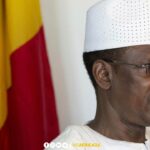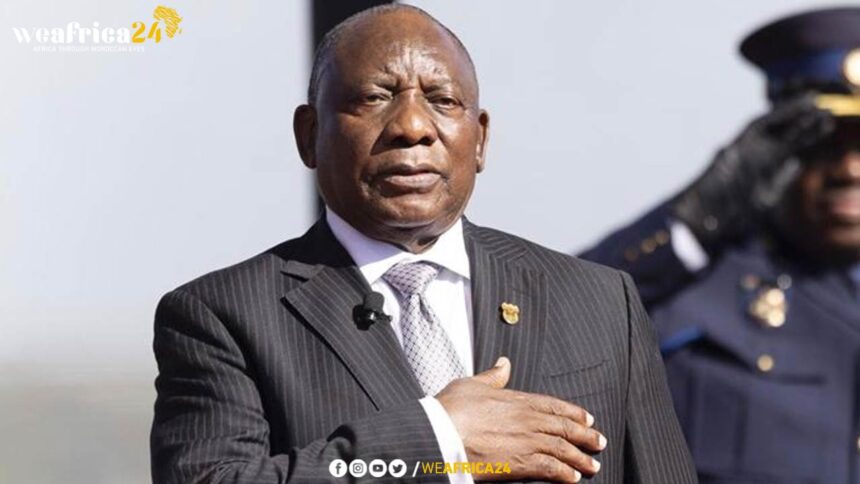Over ten days after Cyril Ramaphosa’s inauguration for a second term, the President has revealed an exceptionally expanded national unity government. This new cabinet comprises 75 ministers and deputy ministers, representing nine different political parties.
This is an unprecedented move in South African democracy, traditionally dominated by the African National Congress (ANC) for the past 30 years. However, the ANC’s loss of an absolute majority in the recent elections necessitated the formation of alliances.
The promise to reduce the number of ministries has been abandoned, as space needed to be made to accommodate and appease all coalition partners. Consequently, some ministries are now supported by two deputy ministers, leading to potential overlaps in responsibilities.
The Democratic Alliance (DA), which secured the second-highest number of votes, has been allocated six ministries. Its leader, John Steenhuisen, has been appointed as Minister of Agriculture. The DA also secured the Ministry of Home Affairs, amidst ongoing immigration reforms and a dysfunctional visa allocation process.
Conversely, the ANC retains control of Foreign Affairs, with the young and dynamic Ronald Lamola, who recently brought genocide charges against Israel before the International Court of Justice, being promoted to this key position.
Another notable appointment is that of the xenophobic politician Gayton McKenzie, who aspired to lead the Ministry of Home Affairs or the police but has been assigned to the Ministry of Sports and Culture instead. Additionally, the leader of the Afrikaner party, Freedom Front Plus, a minority group that held power during the apartheid regime, has been appointed as Minister of Prisons.
This government represents a diverse coalition of very different parties. Critics have labeled it a “helium-inflated” government, predicting that opposition forces will attempt to bring it down swiftly.
As South Africa navigates this new political landscape, the success of this broad coalition remains uncertain, but it marks a significant shift in the country’s approach to governance.







